Yes, the best form of exercise is one that you love and do consistently, but there’s plenty of evidence that finding a workout plan for strength training and/or weight lifting and sticking to it is crucial. For everyone.
Running may give you that endorphin rush and sense of accomplishment, or yoga might be the activity you look forward to doing every day, that gives your mindfulness practice an extra dimension, but finding a workout plan centered on strength training is important for a few reasons:
Protects Your Primary Pursuit. Weight lifting can totally be content to be a side chick to distance running or cycling, or whatever. In fact, this is how selfless it is; it will help protect you against injuries so that you can be even better at the fitness endeavor that is your first love. Evidence points to competitive runners improving their running economy (using less oxygen) through strength training, and it’s becoming more and more clear that long distance cyclists can combat back pain and power imbalances by finding a workout plan that helps build core and upper body strength. Cross training with weights generally has protective components for almost any activity; overuse can drive up your risk of injury, and building up the muscles that surround the specialized ones for your activity can prevent that.
Ensures Unique Health Benefits. Aerobic exercise enhances heart health, and studies have proven that is has several protective effects against certain conditions. However, anaerobic exercise, like weight training, offers benefits like bone density boosts and can have a positive effect on blood sugar regulation.
Gives an Edge to Weight Loss. Many people on a weight loss journey have found that finding a workout plan that’s designed to build muscle has helped them define their physique, after an initial weight loss spurred by cardio. Even if you’re just starting a weight loss goal, using strength training as a means for fat loss is smart; it increases metabolism and muscle burns fat, so it makes sense to build muscle.
So, why not just do a few exercises on your own? What’s the magic in finding a workout plan with a prescribed format? The answer is that while the reasons for weight lifting are simple, the targeting of specific muscles, balance achieved with sets and reps, etc. is a little more complex, and a plan that is designed for definitive goals--by a professional who has gotten results and has experience--can save you time and get you on the right path, initially.
Discovering more about the science behind weight lifting and designing your own workouts is part of the fun, but you need to allow for a learning curve in the beginning (or when you have a new goal that you want to be sure you’re on track to accomplish). Or you may always want all of the thinking done for you, when it comes to laying out a plan for your strength training.
Either way, there are a multitude of reasons for finding a workout plan that meets your needs, and we have them! Take the quiz today and see which plan would work for you!










